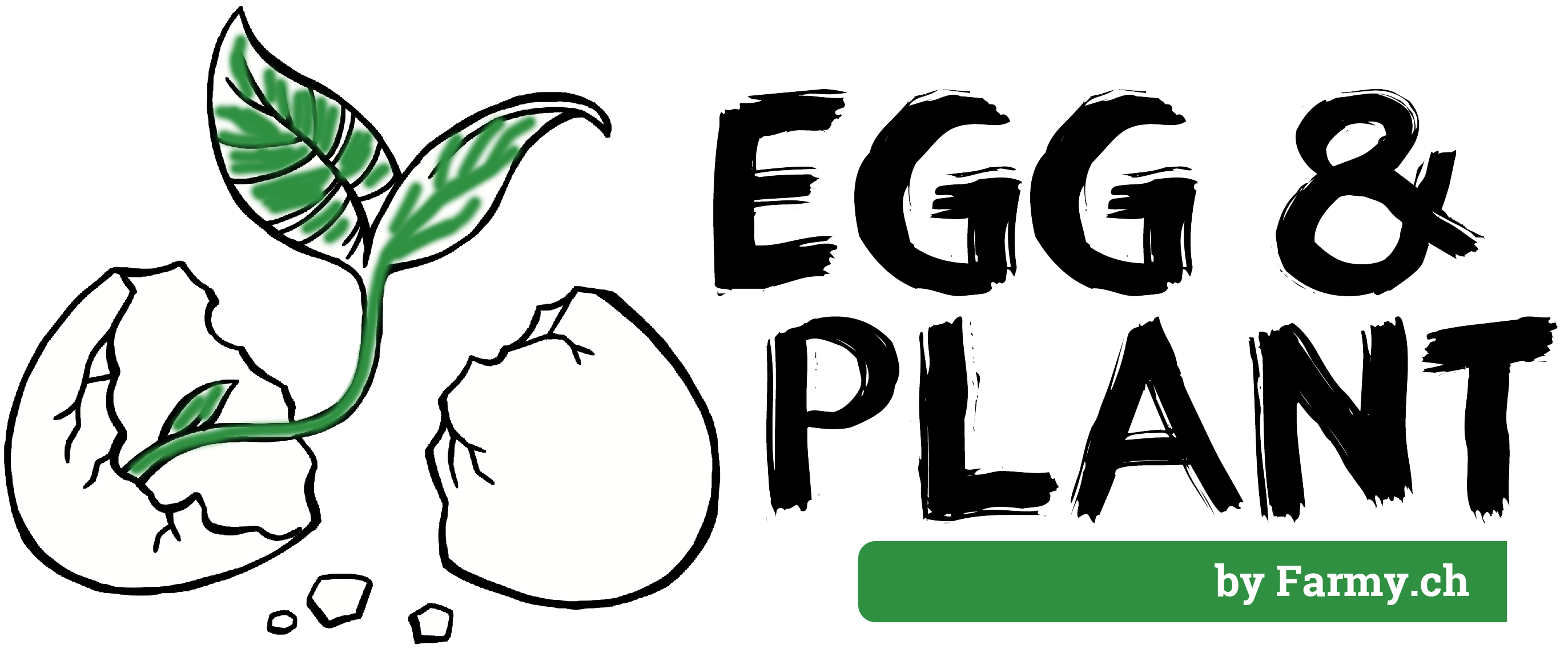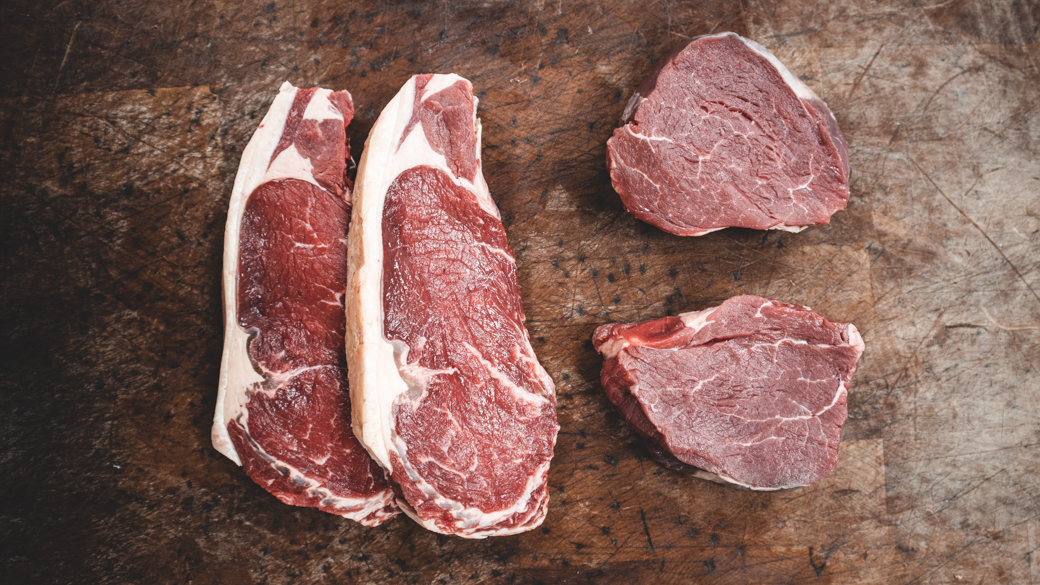Sustainability and conscious nutrition have become increasingly important in our everyday lives in recent years. More and more people are limiting their meat consumption or doing without it altogether. But is there such a thing as sustainable meat? This article takes a closer look at this question.
What does sustainable nutrition mean?
In general, sustainable nutrition means eating in such a way that all economic, ecological and health impacts leave as positive a footprint as possible. Sustainable action is also part of conscious nutrition. Thus, when consuming raw materials and treasures of the earth, the next generations should be taken into account: one should only consume as much as can grow back again.
It is therefore not so easy to determine whether products are sustainable. More often than not, customers are not able to examine the entire production chain. So they have to trust the producers.
Meat consumption is a topic of conversation
Meat consumption, in particular, is increasingly a topic of conversation and is sparking numerous discussions. Does eating meat promote climate change? Is meat healthy? Can a person eat a balanced diet without meat?
More and more people are asking themselves these and other questions and are increasingly questioning their own diet. As a result, the demand for organic meat is increasing. At the same time, people around the world are eating less meat or doing without it altogether. The change in thinking is omnipresent, which is why producers are also constantly expanding their selection of meat-free alternatives.
Can meat be sustainable?
As already mentioned, sustainability in general means the careful use of all resources. With regard to sustainable food, there are many additional factors, such as environmental protection and species conservation, the conditions under which fodder is grown and the processing of the producers. In the case of meat in particular, it is important that the animals grow up under species-appropriate, healthy and natural living conditions and are then butchered under stress-free conditions.
Furthermore, the ecological balance of meat is often criticised. The CO₂ emissions of the animals, their transport and the cultivation of the animal feed are the cause of heated discussions.
How to deal with meat in a sustainable way
Reduce meat consumption
The Federal Office for the Environment (FOEN) has calculated that vegetarians who eat a regional and seasonal diet without meat emit around half a ton less CO₂. Consequently, sustainability can certainly be promoted through the conscious consumption of meat or through a conscious diet.
Whole animal processing
According to the motto “From Nose To Tail“, consumers should use all parts of the animal. This is now an integral part of many restaurants and also promotes the sustainable consumption of meat.
Conscious shopping
Generally, every purchase has an impact on our planet, the environment and the producers. Consumers can therefore significantly influence demand through their personal purchasing behaviour. If products are no longer bought, producers are forced to react and offer alternatives.
Go for regional, fair trade and organic
As is well known, food with labels such as organic, Fairtrade, Demeter etc. is in the upper price segment in Switzerland. However, their quality and sustainability are significantly higher and the price is therefore reasonable. So does sustainable grocery shopping mean spending more money on food? That does not necessarily have to be the case!
If meat consumption is reduced, there is more money left over to buy regional, organic and fair trade products. As a result, consumers can buy more sustainably and at the same time invest more in quality. In other words: buy regional organic meat, where animals are kept in a species-appropriate manner and short transport routes are supported.
BIOLogisch – organic meat from Switzerland
Farmy offers a generous selection of regional meat in organic quality. Here we would like to shine a light on one producer in particular.
The Kyburz family’s life has revolved around meat since 1943. As a third-generation family business, the company has a lot of experience and knowledge. Animal welfare is particularly close to the family’s heart, which is why they contribute their share to sustainable meat consumption with the organic line«BIOLogisch». Consciously and with great passion, the business takes responsibility and combines animal welfare, health, respect and genuine butchery with its own organic brand.
Thus, both the butcher’s shop and the inn are state of the art. This is because they were equipped with energy recovery, clever water management and their own electricity generator some time ago. With this concept, the family business not only combines exquisite culinary delights with uncompromising quality, but also promotes the will to think for the environment and the next generation.
Conclusion
In summary, there are clear differences in the quality, production and sustainability of a meat product. It is particularly nice to see that more and more producers are attaching importance to sustainable production and that a change in thinking is taking place. It is easier for us consumers to buy regional and organic meat that is produced in a sustainable way. The greater the demand for sustainable meat, the more producers will respond to this change. So let’s do good together and be even more conscious when shopping for food next time.











What do you think?